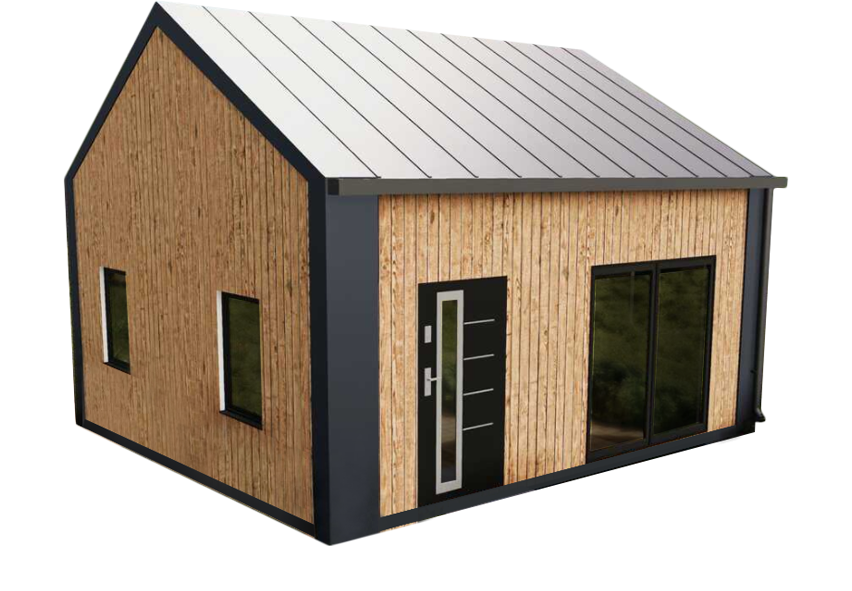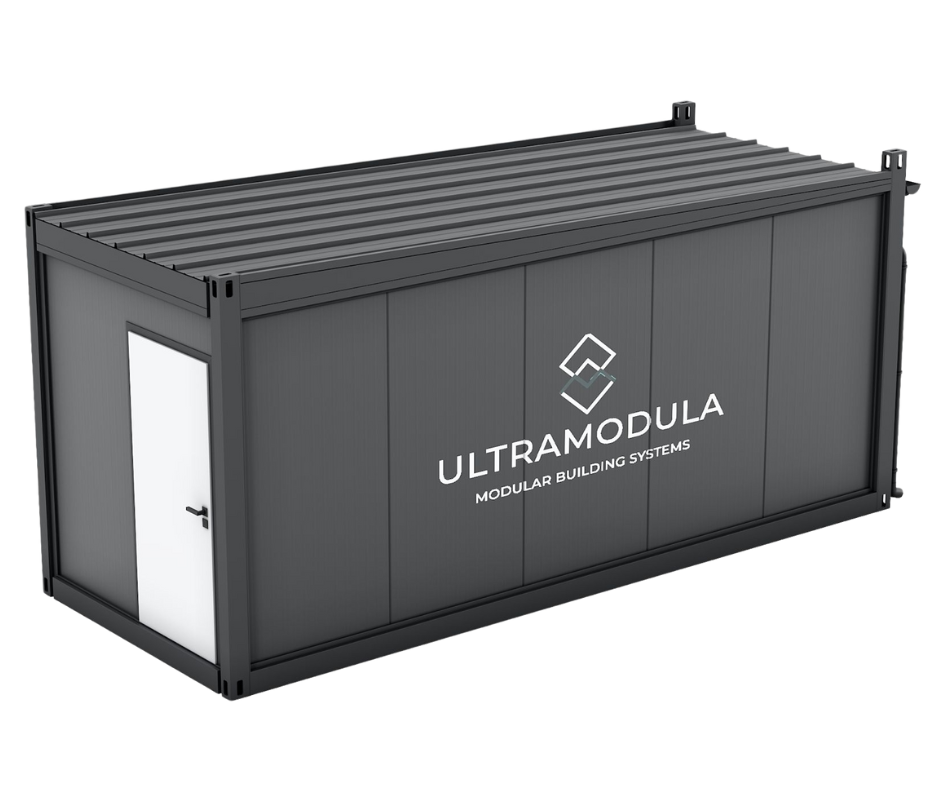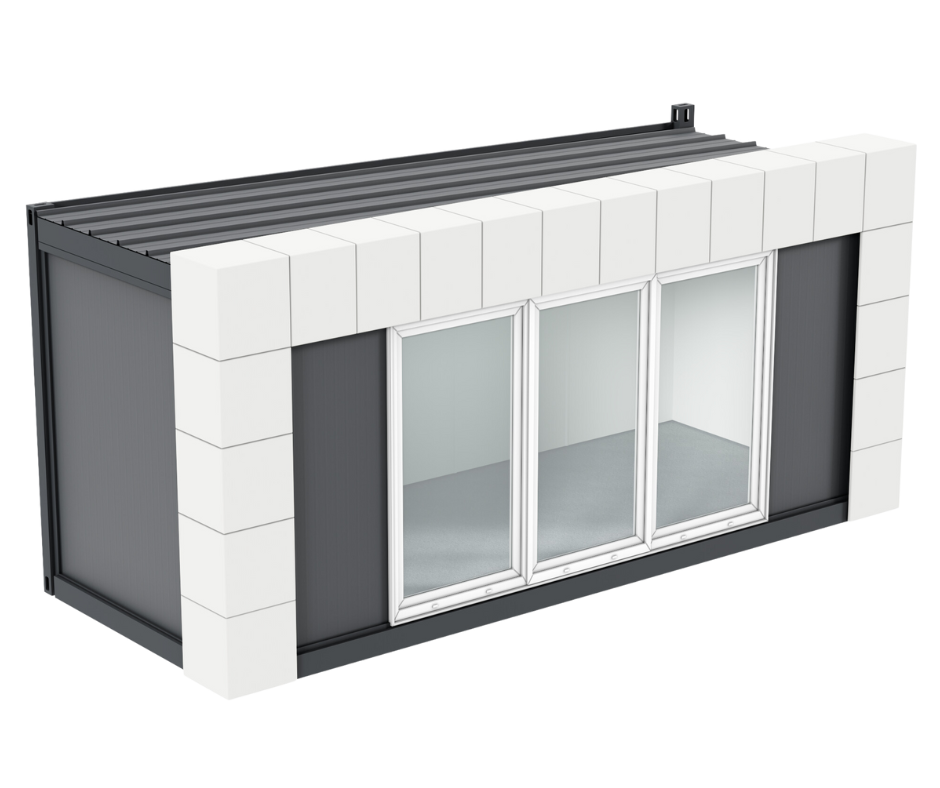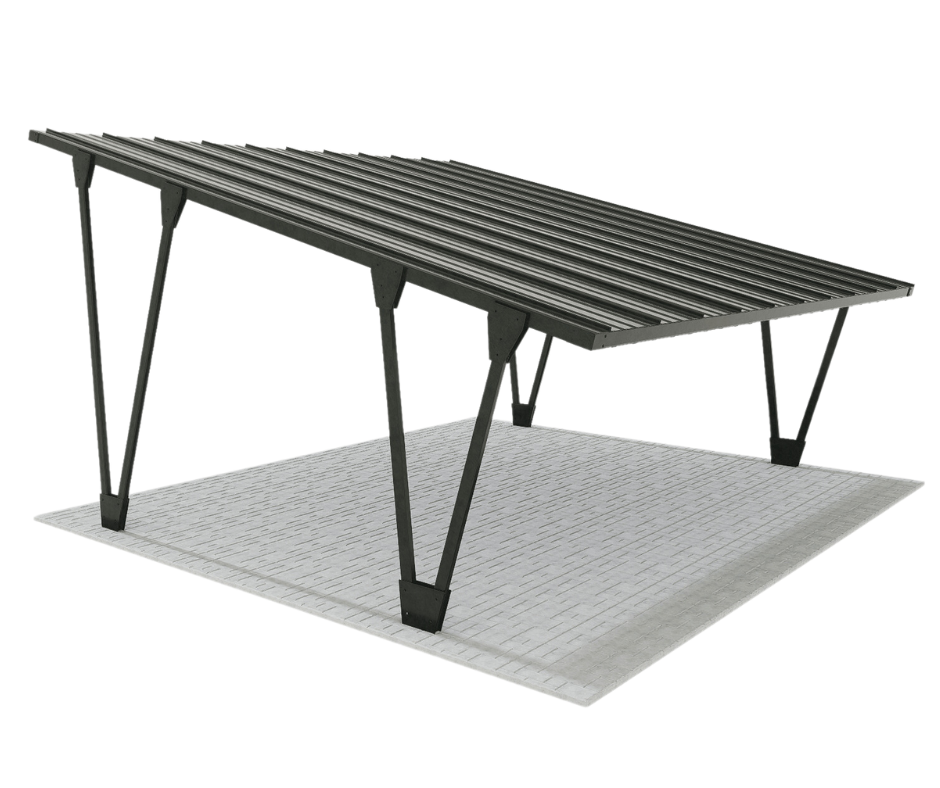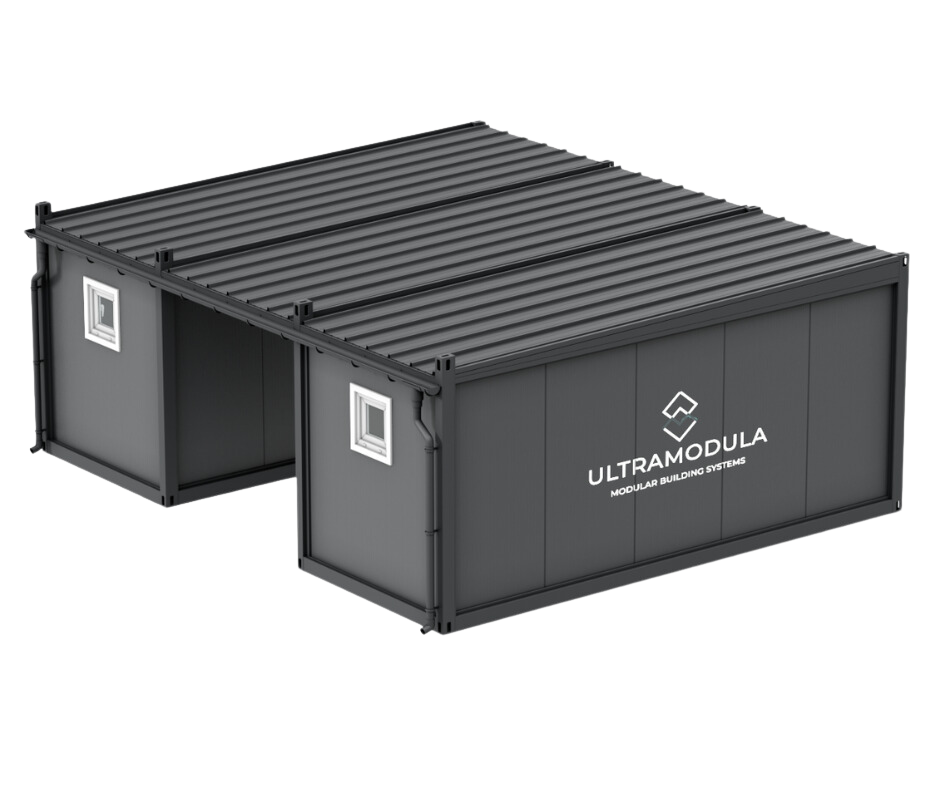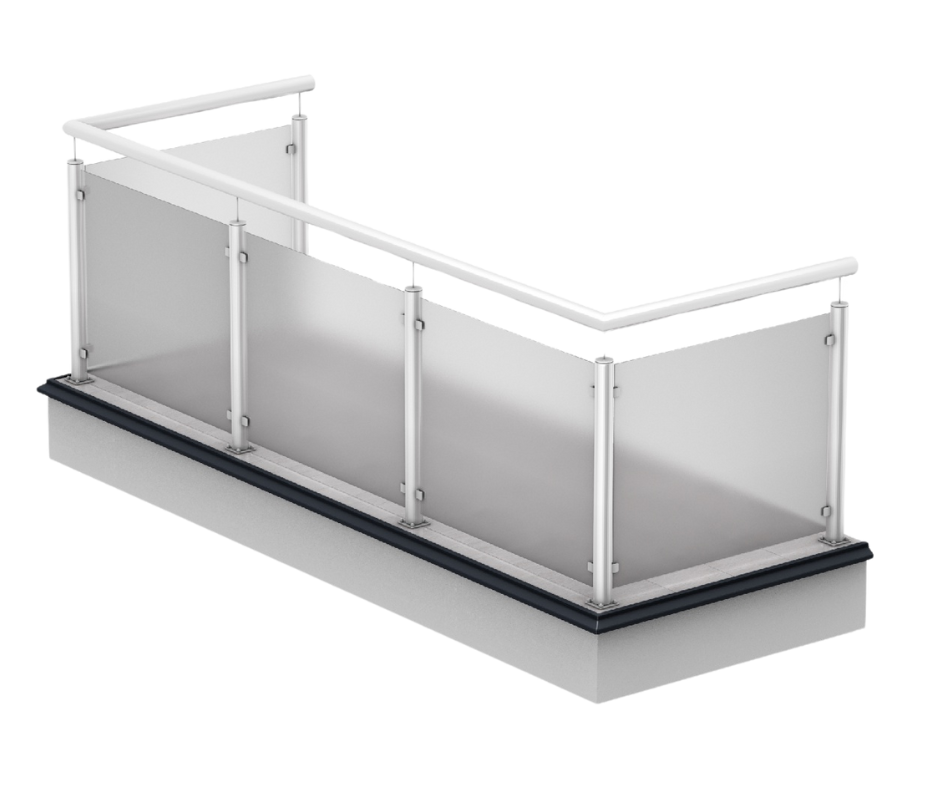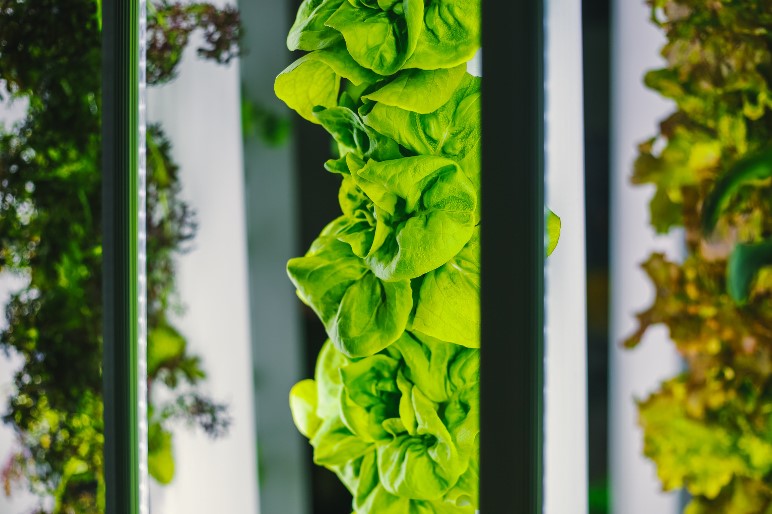
Portable gardens and vertical farms in containers
As cities around the world become increasingly congested and natural resources are depleted, it is imperative to seek innovative solutions for urban agriculture. In response to this challenge, portable gardens and vertical farms in containers become a revolutionary concept that slowly, in small steps, gains recognition in larger and smaller metropolises. It is not only a way to create “green lungs” for cities, but also to produce food in areas traditionally not intended for it and to use urban spaces in a smart and sustainable way.
Advantages of vertical farms and portable gardens
Vertical farming is a type of agriculture used in urban areas where crops are grown vertically instead of at ground level. Plants are grown in special columns, placed on structures adapted for this purpose, which allow the plants to grow upwards. As a result, these farms allow for the production of a relatively large amount of food in a small area, which is especially beneficial for cities where space is limited. Portable gardens, on the other hand, are mobile objects that can be easily moved from place to place. In this case, the plants are grown in special containers of various sizes that are easy to transport. In short, we can say that portable gardens and vertical farms are technologically advanced systems that enable the cultivation of plants in urban conditions in an efficient, scalable and ecological way.
mobility
One of the key advantages of both solutions is mobility. Both the structures of farms and portable gardens allow for easy change of location, transporting them to different places depending on the needs and weather conditions. This means that they can be placed on the roofs of buildings, in unused urban spaces or even on balconies. This flexibility and ease of adaptation make them an ideal solution for crowded cities, where every centimeter of space is valuable.
Resource efficiency
These high-tech farming systems allow the efficient use of natural resources, particularly water, leading to sustainable urban agriculture. Automatic watering and climatic control systems allow for minimizing water consumption, and at the same time provide optimal growth conditions for plants.
CO reduction2
It is widely known that green spaces have a positive effect on air quality by absorbing carbon dioxide and purifying the atmosphere. A perfect example of such action are portable gardens, especially if they are composed of plants with appropriate properties. Thanks to vertical farms, it is possible to produce fresh food directly in the city, which reduces the need for long transport and storage of products. As a result, CO emissions are reduced2 and negative impact on the environment.
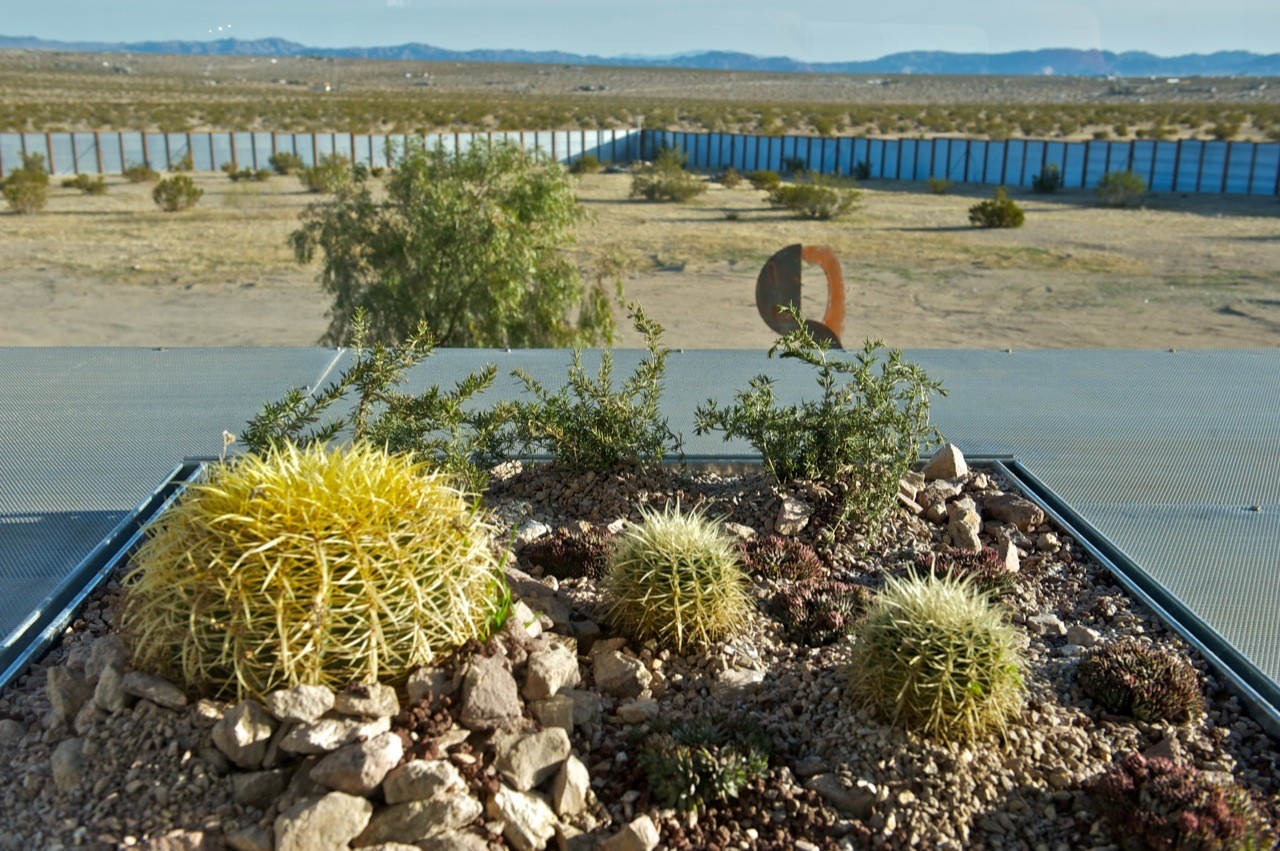
Does the construction of containers allow you to set up farms and gardens in them?
Containers are very universal constructions that are successfully used in many areas of the economy. But do they building suitable for growing plants and setting up thriving gardens? Of course. This is guaranteed by a stable construction and properly selected materials.
Stable frame
The first and fundamental element for a portable garden or vertical farm is a stable frame. It is necessary to use high-quality materials that will ensure durability and strength container. The selection of the appropriate thickness of the sheet metal and sections is crucial to ensure adequate stiffness of the structure, especially in the case of containersthat will be stacked or moved. It is worth knowing what solutions reputable manufacturers use in this area. The frames of such containers should be welded from cold-formed sections with a thickness of 4 mm, which will ensure adequate strength. At the same time, to make the whole pavilion was strong, the columns bolted to the upper and lower frames must be made of solid sections - preferably cold-bent, also 4 mm thick.
Durable floor
The floor plays an equally important role as the frame. It must be strong enough to support the weight of the earth, plants and plant support structures on vertical farms. Manufacturers with experience use OSB boards for this purpose, properly secured, resistant to moisture and weather conditions. In addition, it is worth installing thermal insulation to protect plants from too low temperatures in the colder months.
Tight walls and roof
Assurance container tightness is a key factor for maintaining proper conditions for plant growth inside. Tight walls and roof not only prevent heat and moisture loss, but also minimize the risk of pests and diseases getting inside the container. Made of high-quality trapezoidal sheet of appropriate thickness with an insulating layer of wool and foil, you can be sure that container will meet the requirements to become a place for a garden or a farm.
What's more, each container that is to be a place for growing plants should be equipped with an appropriate ventilation system that will allow air exchange and maintain appropriate humidity. This is especially important in the case of vertical farms, where plants grow at different levels. Proper ventilation will ensure optimal growth conditions for all crops.
Necessary installations for growing containers
Regardless of whether in container If a farm with vegetables or a garden full of flowers and shrubs is to be built, the facility must be equipped with functional systems enabling effective cultivation. Creating successful portable gardens and vertical farms in containers requires proper understanding of the needs of plants and the introduction of solutions to provide them with optimal growth conditions and effective use of space. The most important areas to take care of include:
- irrigation and water recirculation,
- lighting,
- stability of climatic conditions.
Water
A drip irrigation system is a key component in portable gardens and vertical farms. It allows you to deliver water directly to the roots of plants, minimizing water loss and ensuring the constant maintenance of an appropriate level of soil moisture. Importantly, they ensure efficient use of water and minimize water wastage. This is especially important in urban settings where access to water may be limited. In addition, current climate change requires us to take care of drinking water resources on a daily basis, which are still shrinking.
It is worth introducing a water recirculation system into the container that allows you to reuse the water that flows from the plants and accumulates in the bottom of the container. Such collection minimizes water losses, the consumption of fresh water is significantly reduced, and the efficiency of irrigation of plants increases.
Light
In addition to watering, light is the most important thing for plants. Adequate lighting is crucial for the growth of crops in containers, especially in the case of vertical farms, where vegetables or fruits are grown on different levels. The automatic light control system allows you to adjust the intensity and duration of exposure to different stages of plant growth, providing them with optimal conditions, and at the same time optimizing energy consumption. Thanks to this, it is possible to achieve high efficiency of photosynthesis and healthy and sustainable growth.
Air and temperature
Climate control systems in containers are extremely important to ensure optimal conditions for plant growth throughout the year. This is not only the key to success in growing plants, but also to increasing the efficiency and profitability of crops. These include factors such as temperature, humidity and air circulation regulation. In vertical farms, where crops are grown at different levels, equal climatic conditions become crucial. Modern solutions allow you to adjust the microclimate inside the container to the specific requirements of various plant species, which enables the cultivation of various crops in one module. In addition, climate control can also include the provision of artificial light, which is especially important when growing plants in rooms with limited natural light.
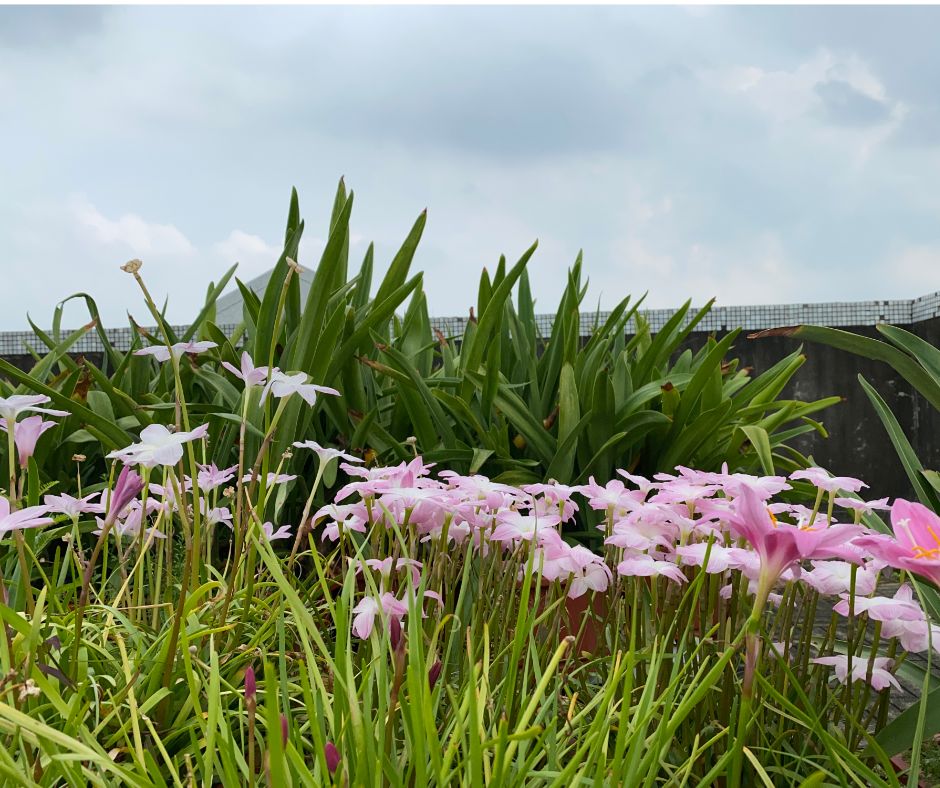
The green oases of the future
Portable gardens and vertical farms in containers are a real innovative approach to urban farming, which can become an excellent weapon in countering the challenges of climate change and environmental protection. Traditional agriculture requires vast areas of land, which leads to deforestation and degradation of natural habitats. Growing in containers, on the other hand, allows for intensive food production in a small space, which minimizes the need to occupy large areas and thus contributes to the reduction of CO emissions2. In addition, containers enable local food production, which shortens the supply chain and reduces emissions related to its transport. Portable gardens and vertical farms in containers are not only an innovative and effective solution in the field of urban agriculture, but also play a key role in reducing the negative impact of human activity on the environment. Thanks to such solutions, urban agriculture can become not only more sustainable and environmentally friendly, but also really effective and profitable.

